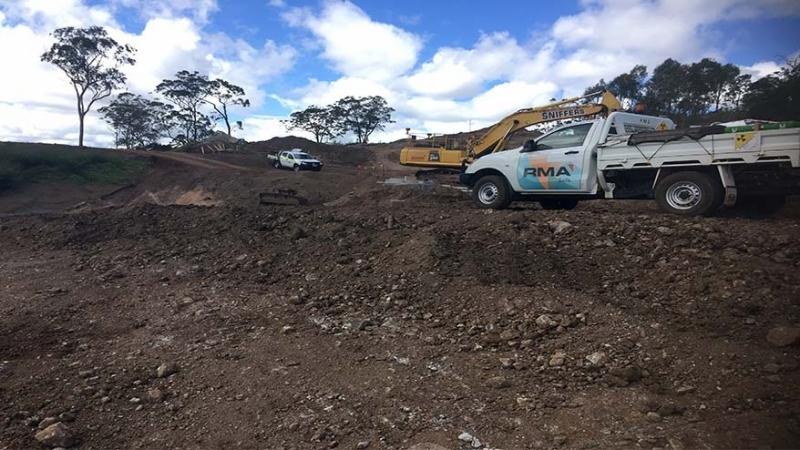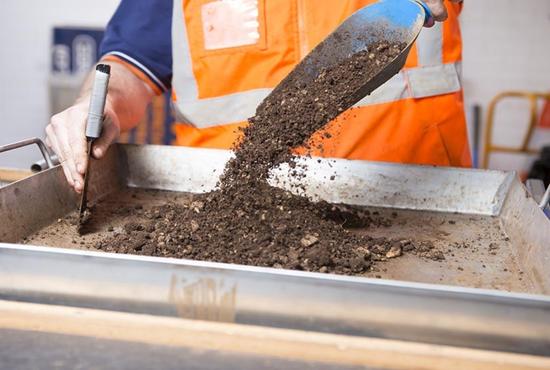


Slopes can either be naturally-occurring, borne from the impact of elemental forces such as weathering and erosion, or artificially constructed, designed specifically for construction projects (think creek embankments, dams or road cuttings!)
Slope stability analysis is an important part of early construction works, and is conducted to gain insight into the likeliness of a slope to move which will likely lead to slope failure (a landslide), and to develop a plan for risk prevention and damage minimisation.
The term ‘slope stability’ generally refers to how much stress a slope can withstand before it collapses, and is an important consideration in the construction of many types of projects.
Ultimately, slope stability depends on three key factors:
Slope stability analysis is a critical component for construction projects that involve the development of a slope. The primary goals when completing an analysis are:
Governing bodies, such as local and state governments, have incredibly robust standards when it comes to slope stability. If the slope stability conditions do not meet certain standards, there’s a chance that the slope could partially, or fully collapse. A slope failure can lead to serious safety issues down the line, including damage to the infrastructure or worse, harm to its users. This could also lead to unexpected budget blowouts and delays to construction.
Depending on the scope of the project, a slope stability analysis generally forms part of your initial site investigation in the concept planning phase.
The information collected from the slope stability analysis in the early stages of construction directly impacts the wider design and engineering decisions made further on in the project.
Our team of Geotechnical Engineers and Engineering Geologists have proven experience in site investigation, and are skilled in the procurement and management of data that can be used to assess slope stability.
While requirements for slope stability assessment vary between local council areas, we’re agile and flexible in our approach, and work to the standards found in their respective planning scheme policies (PSP).
When it comes to slope stability, there’s no ‘one-size-fits-all’ assessment. Each project we work on is unique, and therefore requires a personalised solution.
Some of the different types of slope stability assessments we offer include:
Whichever type of slope stability assessment the project requires, our primary focus is on measuring what might go wrong and what the risk rating is for hosting the proposed development. All slope stability assessments we carry out are done in accordance with the Australian Geomechanics Society standards and are backed by our membership.
The team at RMA Soils + Geotechnical deliver slope stability assessments and reports for a broad range of commercial, land development, infrastructure, industrial and residential clients throughout the Darling Downs region and beyond. Our slope stability reports help inform on potential geotechnical issues, subdivision and future building design requirements, and aids in the determination of construction processes for our client’s projects.
We also provide critical advice for management in the event of immediate risk, as well as providing ongoing advice for best design and construction practices for the further development of the slope.
Led by Engineering Geologist and RPEQ signatory Danny Coleborn, our team at RMA Soils + Geotechnical team are highly experienced in delivering tailored reports for council approval. Our reports aim to assess site-specific issues relating to construction issues, foundation design and slope modification, and provide cost-effective solutions to mitigate these issues whilst meeting Council requirements, allowing our clients to confidently and economically develop land.
Analysing, reporting, and designing for slope stability requires skill, detailed knowledge, and experience. At RMA Soils + Geotechnical, our team has proven experience in meeting and exceeding the expectations of our clients. We can add incredible value to your project by advising on and assisting with a range of issues. If you’d like more information on our services, or how we can help your project, reach out to us at enquiries@rmasoils.com.au.
